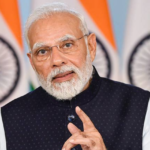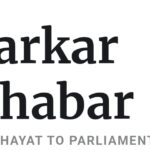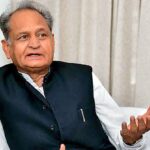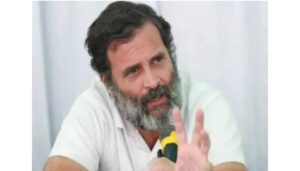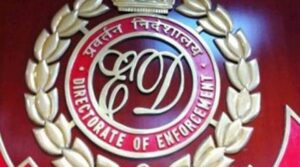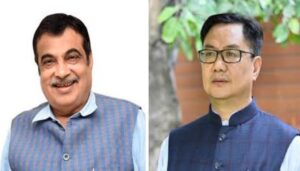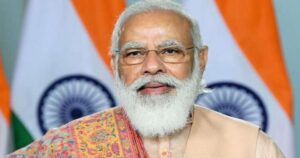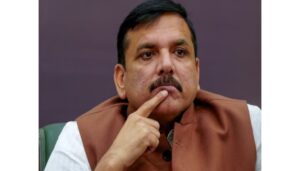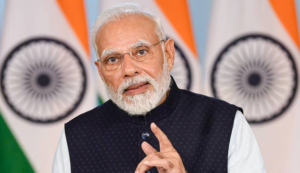
CBI Gets Permission To Argue In IRCTC Hotel Scam Case Involving Bihar Deputy CM Tejashwi Yadav
Delhi, 26th September 2022: The Delhi High Court has withdrawn its virtual stay from the trial in the IRCTC hotel scam involving former Railway Minister Lalu Prasad, his wife Rabri Devi, Bihar Deputy Chief Minister Tejashwi Yadav, and 11 other accused. The High Court has allowed the Central Bureau of Investigation (CBI) to initiate arguments on the framing of charges against the accused in the trial court.
A special CBI court had taken cognizance of the charge sheet filed by the CBI against Lalu Prasad and others in July 2018. But the debate on the framing of charges did not start. In February 2019, an accused filed a petition in the Delhi High Court challenging the special court’s decision to take cognizance of the charge sheet.
Taking cognizance of the petition, the High Court exempted accused Vinod Kumar Asthana from appearing before the trial court. Two other accused had also filed similar applications before the trial court. These developments stalled the trial, and to date, there has been no debate on the framing of charges.
The CBI registered a case against Lalu Prasad Yadav and others in July 2017. The agency filed its charge sheet in April 2018 after a nearly year-long investigation. Following the February 2019 order of the Delhi High Court, the CBI filed a status report in response to Asthana’s plea in March 2020.
The CBI, in its report, said that it had sought sanction of prosecution against one of the accused in July 2018. The then Railway Minister Prasad and four other government employees were found abusing their official position. Since he was not in service at the time of filing the charge sheet, sanction to prosecute him was not required under the provisions of the erstwhile Prevention of Corruption Act, 1988.
The CBI report said about Rabri Devi, Tejashwi Yadav and other accused that sanction to prosecute them has not been considered necessary. The CBI had sought legal opinion from the Attorney General in March 2020 to support its stand that prosecution sanction was not required against the accused.
The agency said there was no need to seek approval. Despite this, the competent authority in June 2020 approved the prosecution of Asthana and other government employees involved in the case to avoid delay in the trial.






